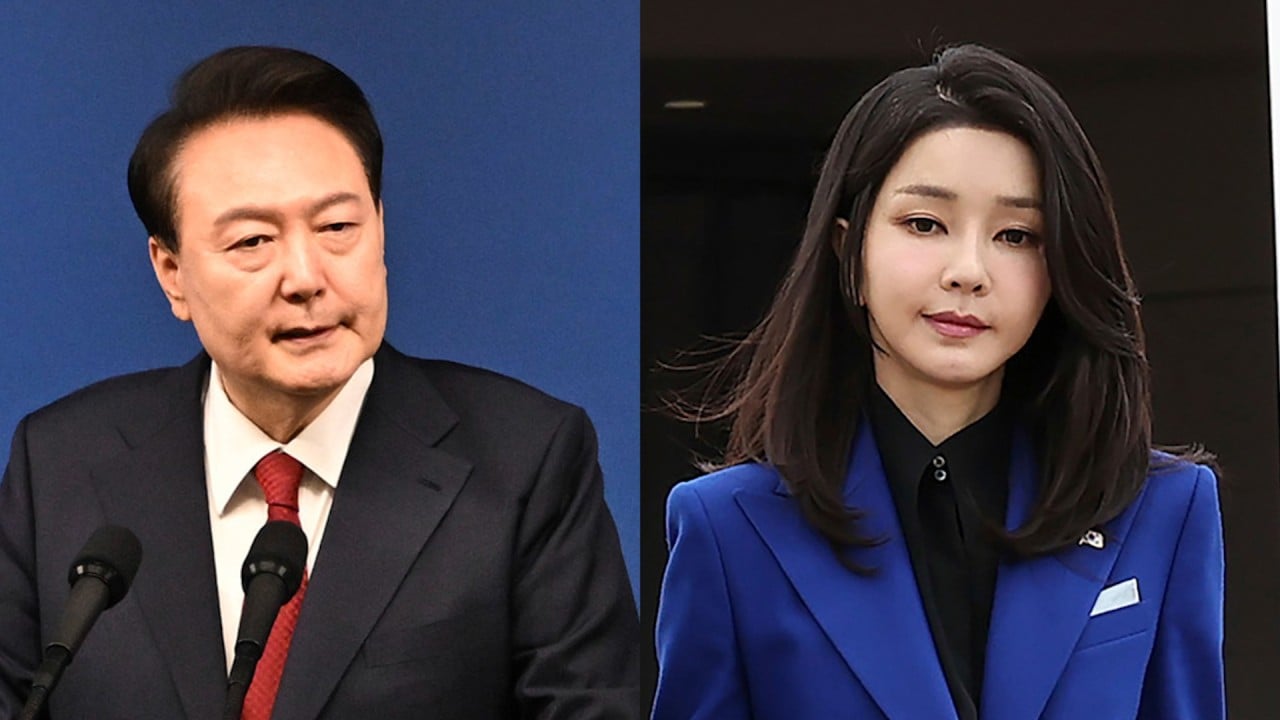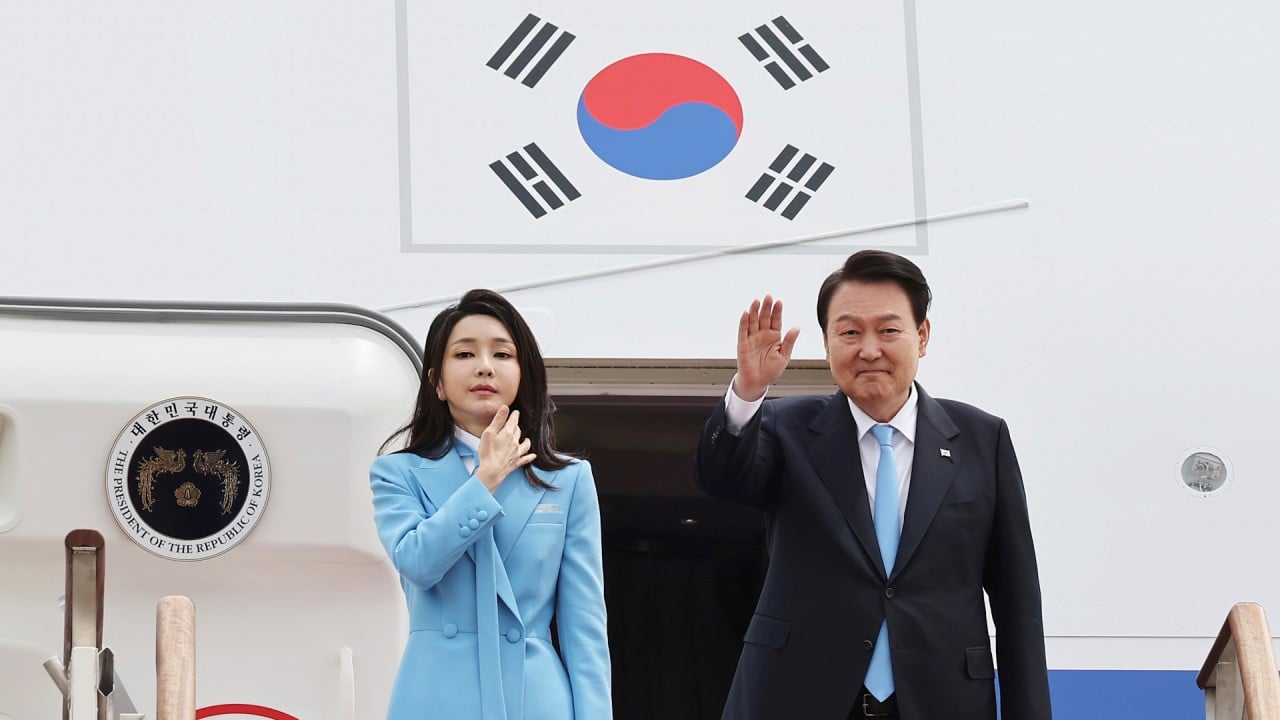Local news reports said Kim had expressed distress for being forced to act against his conscience at work and accused his supervisor of a conflict of interest.
On Tuesday, Chung Seung-yoon, Kim’s supervisor and one of the three vice-chairmen of the ACRC, offered his resignation. Chung allegedly pressured Kim to drop a corruption investigation against First Lady Kim Keon-hee, who was accused of accepting a Dior handbag as a gift in 2022.
After six months of reviewing the first lady’s case, the ACRC closed the investigation in June without referring it to prosecutors for potential criminal charges.
The ACRC justified the decision by citing the absence of a clause outlining punishment for the spouses of public officials under the anti-corruption law, which sparked a backlash from opposition parties.
The ACRC maintained its decision was free from political influence, stating its 15 commissioners had considered the matter carefully and that Chung had no reason to pressure Kim over the investigation.
However, critics argue Kim was responsible for drafting reports submitted to the commissioners and that Chung is suspected of instructing him to frame the documents in a way that favoured closing the case – allegations that Chung has denied.
Lee Jun-han, a political-science professor at Incheon National University, said Kim’s death had “raised serious questions about the supposed neutrality” of the anti-corruption watchdog and its investigations.
“This case, along with other alleged attempts to obstruct investigations into scandals, provides the opposition with more reasons to criticise President Yoon,” he told This Week in Asia.
The case comes as the South Korean military continues to face scrutiny over the flood rescue operation last year that led to the death of a corporal. An army colonel investigating the death is facing a court martial for defying a superior’s order.
In the methamphetamine smuggling case, a senior South Korean police officer claimed he was reassigned to a remote post after being pressured into covering up the suspected involvement of customs authorities at Incheon International Airport.
A total of 74kg of methamphetamine valued at 200 billion won was smuggled into the country involving 26 suspects from South Korea, Malaysia and China.
The Korea Customs Service issued a statement last week denying any involvement of its officials in the smuggling operation.
The main opposition Democratic Party of Korea announced on Monday that it would refer to Kim’s death in a bill calling for a special investigation into the first lady over the handbag saga and alleged stock market manipulation.
In an editorial on Tuesday, the Kyunghyang daily said: “There should be no more deaths of public servants who are striving to uncover the truth behind publicly suspected scandals, despite facing pressure from those in power.”
The conservative Dong-A daily said last Friday it was difficult to predict the repercussions of the ACRC case. “How will the president, his wife, and those involved manage the fallout from this incident?”
Jhee Byong-keun, a political science professor at Chosun University, said Kim’s death had amplified concerns about the erosion of democracy under Yoon’s administration.
“Sensitivity to public opinion is a cornerstone of democracy but President Yoon is criticised for presumably ignoring inconvenient voices,” he added.
Choi Jin, head of the Institute for Presidential Leadership, said the controversies over the scandals were overshadowing other serious issues faced by South Korea, such as economic challenges and threats from the North.
“Cooperation with political opponents is the only way for Yoon to break out of this political deadlock but he is unlikely to seek collaboration with the opposition parties that control parliament,” he told This Week in Asia.



